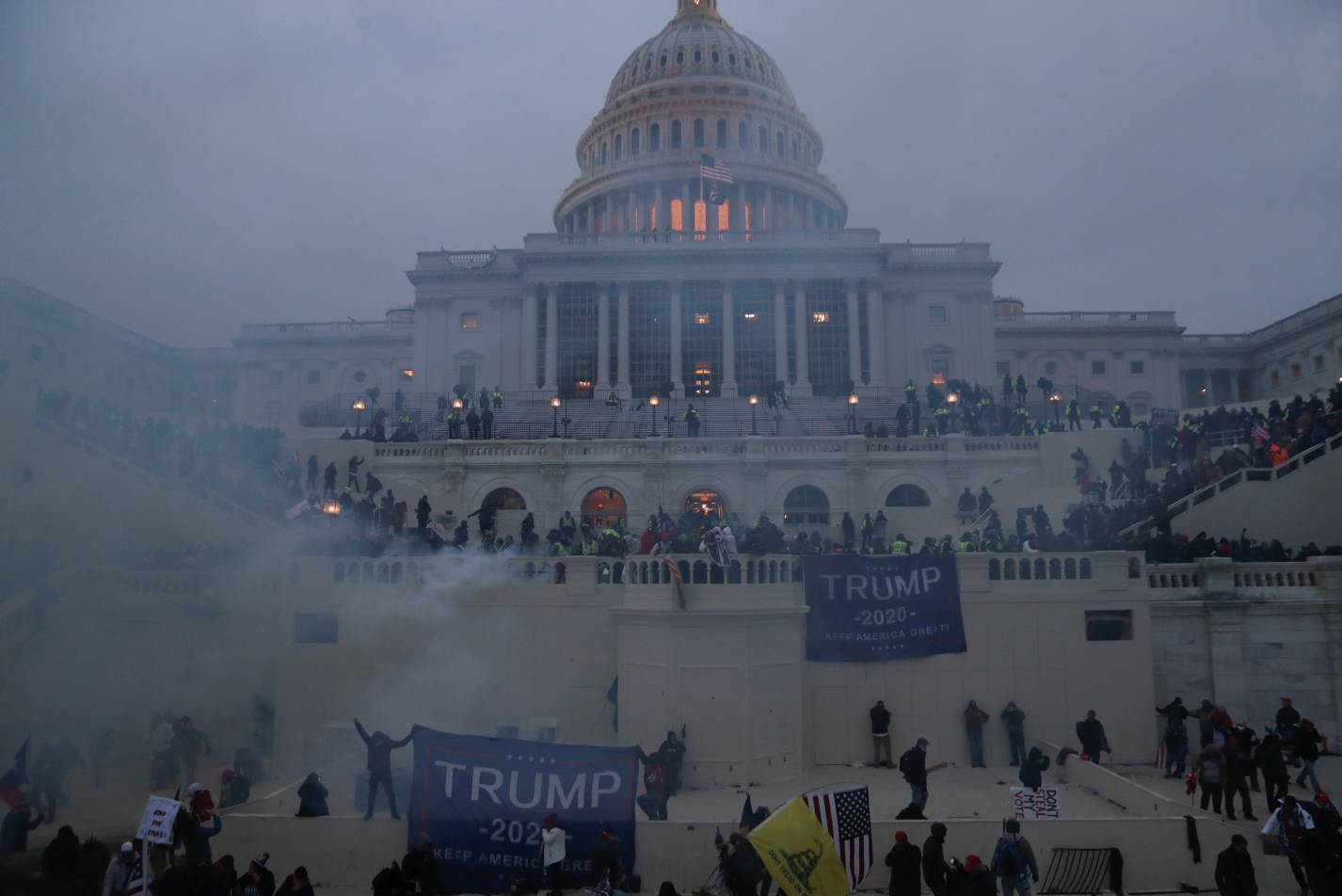In the last days and weeks, we have witnessed more than ever the value of democracy, at a time when global capital and populism from both sides dominate like never before.
Here is a keen observation someone made regarding the inauguration of Donald Trump as the 47th President of the United States, accompanied by some of the world’s wealthiest men and women, including the Mexican Slim family: How many millions of dollars were held in the accounts of those hundreds of formally dressed men and women who either applauded or, in rejection, refrained from doing so in response to the most radical positions of the enfant terrible of American democracy?
However, the constant reference to democracy as a way of life remains significant, symbolic, and disruptive. This is no minor detail in times of globalization: it has been proven that for this model to function, institutions are necessary to maintain balance both within a country and within a democratic bloc.
And that, the presence of functioning institutions that uphold democracy, is a fundamental value of democracy that we do not see in autocracies like China or Russia. This value exists in the United States and, as we have recently seen, in Canada as well.
So, let us reexamine, in today’s context, Winston Churchill’s famous remark: “Democracy is the worst form of government, except for all the others that have been tried.” Has this statement lost its relevance? Are there now better political systems? Nothing seems to prove it yet, considering that we are no longer talking about the same democracy of the post-World War II era, one that was more focused on building supranational institutions to prevent new global conflicts than on becoming the perfect justification for the liberal principle of laissez-faire, laissez-passer.
Today’s democracy is overwhelmingly based on the free market, which, while a strength for economic agents, represents a weakness for societies, as inequalities grow unchecked and all kinds of left- and right-wing populisms emerge.
However, the multiplying autocracies around the world confiscate rights and impose obligations amid massive government propaganda that obscures reality, ultimately harming citizens who are left without legal recourse to defend the rights won through historic civil rights struggles. Even so, democracies remain a cornerstone of peaceful coexistence among diverse human beings.
The recent resignation of Justin Trudeau as Prime Minister of Canada, for example, demonstrates that the parliamentary democratic system can handle political crises in an orderly manner. The crisis within the Liberal government shattered its cohesion, leading to the resignation of the Finance Minister and prompting sectors of the Liberal Party to call on Trudeau to step down so that a new prime minister could be chosen. The opposition, acting as a counterbalance, demanded that he call for new elections to form a new majority and appoint a new political leader to confront the annexationist ambitions of Trump’s second era. Trudeau resigned but did not call for elections simply because those are the rules of the democratic game. The Conservative opposition accepted this and moved on, focusing on making their voice heard as Trump returns to the White House and preparing for the upcoming October elections.
This government-opposition dynamic also played out in the United States when Kamala Harris, as a true democrat, acknowledged her electoral defeat. The next day, as is customary in a democracy, she resumed her duties as Vice President in the Biden administration. From that moment on, the entire stage was set for the president-elect.
Even more strikingly, Harris, in her dual role as former presidential candidate and Vice President, attended Trump’s inauguration ceremony as the new President of the United States, occupying a place of honor alongside President Biden. This is something that Trump himself did not do when, as the defeated candidate, he refused to attend Biden’s swearing-in ceremony before representatives of public institutions, special guests, and, ultimately, the world—which, in this case, closely followed a succession ritual laden with symbols and messages.
That ritual included everything from laying a floral offering at the Tomb of the Unknown Soldier to taking the oath of office with his right hand raised while his left rested on two Bibles—his own and another belonging to former President Abraham Lincoln—under the motto “Our Enduring Democracy, A Constitutional Promise.” It ranged from a candlelit dinner with his campaign’s top donors to the cannon salute that shook the Capitol Rotunda, from the presence of Supreme Court justices to members of the Senate and House of Representatives, alongside financial elites and highly influential religious leaders.
We also witnessed the traditional and civilized farewell photo with Joe Biden and his wife, who, just minutes after the succession ceremony, boarded a helicopter—thus fulfilling the ultimate rule of power: “The king is dead, long live the king.” No less significant for Latin America was the absence of Presidents Sheinbaum and Trudeau from the event—an omission laden with ominous implications for the region. Meanwhile, media attention focused on the invitation extended to the presidents of Argentina, Ecuador, and El Salvador, an invitation sealed by an inaugural address that pointed to the Mexican border as the source of all the country’s woes.
Ultimately, the democratic system proves its ability to allow citizens to express themselves at the ballot box and either retain or replace governments according to the will of the majority. However, these governments, acting in the name of the people, can sometimes make public decisions that end up dismantling democracy itself and even unleashing chaos upon the world. This raises an important question: Is there a better political system than this?
*Machine translation proofread by Janaína da Silva.













